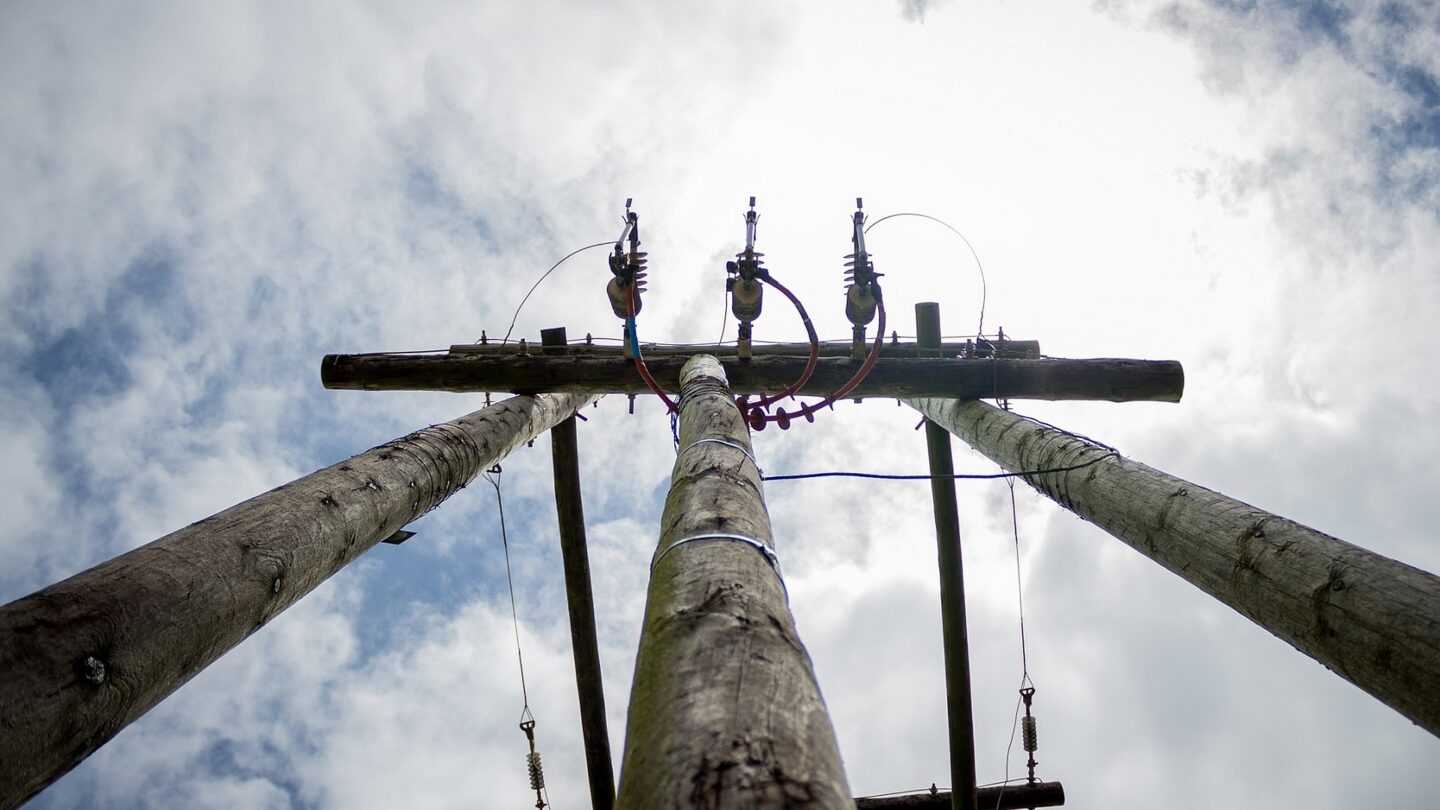This coverage is made possible through a partnership between WABE and Grist, a nonprofit environmental media organization.
Atlanta and much of Georgia will celebrate the Fourth of July under a heat advisory.
Temperatures in the 90s are expected through the holiday weekend, sending air conditioners into overdrive as they fight to overcome the heat and humidity.
Higher summer electricity rates compound the spike in energy use: it costs more to generate electricity when it’s hot, so power companies often charge more for each kilowatt-hour used. Electricity customers typically see their highest power bills of the year in June, July and August according to the U.S. Energy Information Administration.
In addition to the typical summer spike, Georgia Power customers are paying higher rates due to a series of hikes over the last two years.
Help is available for Georgians struggling with high energy bills. There are also ways to keep electricity use in check, even as temperatures rise.
Help with power bills
Georgia Power’s income-qualified discount: Georgia Power offers a $33.50/month discount on bills for people who qualify. The program recently expanded to allow more people to participate. People who meet one or more of the following criteria may be eligible for the discount:
- Be 65 or older, with a combined household income that is 200% or less of the federal poverty level – $30,120 – adjusted for household size
- Receive Social Security Disability Insurance
- Receive Supplemental Security Income
- Participate in the federal Housing Choice Voucher Program (HUD Section 8)
Midtown Assistance Center emergency assistance: Originally founded by the Midtown Alliance and a group of congregations, the Midtown Assistance Center offers utility help to low-income households in Atlanta’s 30303, 30308, 30309, 30310, 30312, 30313, 30314, 30315, 30318 and 30363 zip codes with proof of recent utility payments and current or recent employment, in addition to other requirements.
Low Income Home Energy Assistance Program: This federally funded program helps low-income households pay their energy bills on a first-come, first-served basis. Eligibility depends on household size and income. LIHEAP is administered through local Community Action Agencies; find yours here.
Salvation Army’s Project SHARE: The Salvation Army provides emergency assistance to people and families dealing with a temporary crisis. To apply for help, make an appointment with your local Salvation Army.
United Way 211: Call 211 or contact United Way online to find other financial assistance programs in your area.
Georgia Power’s Pay-as-you-go plan: The “PrePay” option allows Georgia Power customers to pay in advance into an account that’s depleted as they use electricity, allowing them to manage their budget and energy usage and make multiple, smaller payments. The program doesn’t require a deposit or credit check and has no late or reconnect fees. According to consumer advocacy group Georgia Watch, customers with this plan often feel more control over their energy use and see a typical 10% reduction in usage.
Ways to limit summer energy use
Set the temperature: Experts recommend setting the thermostat to 78 degrees in the summer. Increasing to 80 degrees overnight can save more. Georgia Power estimates that each degree higher can save 3-4% in energy use.
Weatherize: Better sealing windows, doors and cracks in your home can keep air-conditioned air inside and hot air outside. Even simple do-it-yourself solutions can help, like installing a sweep on exterior doors to keep air from leaking underneath – or even rolling up a towel against the bottom of a door. Homeowners who are eligible for LIHEAP may also be eligible for full home weatherization through a local agency.
Ensure airflow: Don’t block air conditioning vents with furniture or other obstructions, and change air filters regularly to make sure they’re clean and air can flow through them.
Turn off, unplug, seal up: Unused electronics and appliances – and even whole rooms – can be a real drain on energy. Unplug things when they’re not in use; a power strip with an on-off switch can make this even easier. Turn off the lights when you leave a room. To avoid wasting air conditioning on a rarely-used room, close the door or seal off the space with a blanket or plastic sheeting.
Keep things cool: Avoid extra heat by closing curtains or blinds to block hot sunlight and using an outdoor grill or smoker, or even a slow cooker or microwave, instead of hot stoves and ovens.









